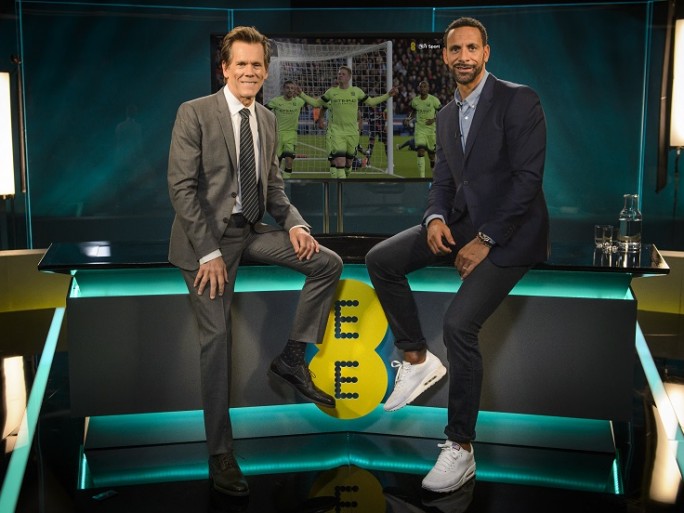BT will merge EE into its wider business within ‘the next four years’, according to EE CEO Marc Allera.
The former state monopoly bought EE for £12.5 billion last year but the mobile network has retained its own branding and senior executives, effectively operating as a subsidiary.
There has been some interaction however. BT Sport is offered to EE customers for free and on the infrastructure side, BT has spoken of how EE can help create integrated fixed-wireless networks that will deliver next generation consumer services.
The EE brand itself was created in 2012 and derives from the ‘Everything Everywhere’ name used to describe the combined T-Mobile and Orange network.
BT EE integration
Revenues from EE’s significant mobile virtual network operator (MVNO) business are now included in figures for BT Wholesale, but there are now plans to do the same on the consumer side.
At present, BT offers mobile services using the BT Mobile brand (which was an MVNO on the EE network before the purchase), but EE recently recorded revenues of £5.1 billion, more than the £4.9 billion made by BT Consumer.
“There are no plans at the moment but nothing is forever, but what really excites me is the future opportunity as a group from bringing BT and EE together,” Allera told the FT. “It would create a £10bn line of business. It is there in the back of our minds. Over the long term there are opportunities to make consumer routes to market simpler.”
BT now has 16.9 million 4G customers via the EE network and population coverage is now 99 percent – more than any other UK mobile operator.
EE’s big drive at present however is towards 92 percent geographic coverage by the end of 2017 and 95 percent by the end of 2020. The current figure is 80 percent after BT switched on long range 800MHz spectrum at 700 sites, improving indoor signal quality and extending coverage in rural areas.
Overall BT reported a £6.1 billion in quarterly revenues, up 10 percent, and £24 billion for the year, a rise of 24 percent. Pre-tax profits were £440 million for the quarter, down by 48 percent, and £2.4 billion, down 19 percent, over the past 12 months.
Quiz: What do you know about 4G?





